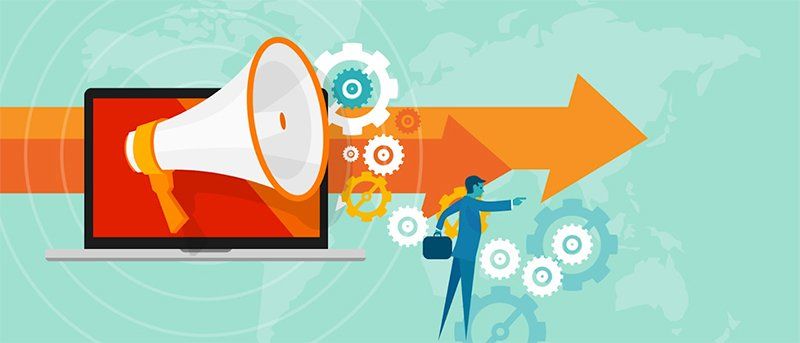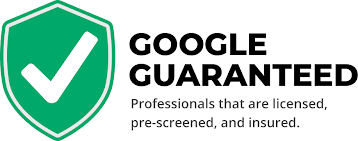10 Digital Marketing Terms You Need to Know as a Small Business Owner

Whether you’re a blossoming marketer or someone just trying to better understand the field as a business owner, knowing certain terms can ensure you sound like a pro as you navigate the realm of digital marketing. Perhaps to do that, we must first ask, What is digital marketing?
The short answer: digital marketing, also known as Internet marketing or online marketing, is the act of promoting goods and services via digital communication, including email, websites, paid advertisements, social media, online videos and other Internet based marketing channels and products.
There are numerous components of successful online marketing campaigns. Whether you sell hard goods and services or offer a virtual product, the following short list of digital marketing terms will enhance your understanding of the goals, practices and outcomes of online efforts.
Content Strategy: This is an organization’s plan for publishing digital content. This strategy must include the goals of each type of content (blogs, social posts, articles, landing pages, videos and so forth), as well as an understanding of what ties all the content together.
Conversion Rate: This is the rate at which a potential customer completed a certain action, such as signing up for a newsletter or purchasing a product. This is calculated by dividing the overall size of the audience with the total number of those who took the action.
CPC (Cost Per Click): A pricing model that measures how much each click on a paid ad costs.
Call-to-Action: Language or graphics in your content that prompt the audience to complete a specific action, such as calling directly, downloading a file or filling out a contact form.
Funnel: The process of taking a lead from looky-loo to paying customer. This generally involves a multi-tier process which starts with the
• Top of the Funnel: Where you build trust with quality content to motivate visitors to move to the --• Middle of the Funnel: Where a potential customer comes to better understand the problem(s) they are having and continues to do research or reaches out directly as they are pushed toward the --
• Bottom of the Funnel: Which is where they go from lead to customer, sometimes via personal consultation.
KPI: A Key Performance Indicator is a quantitative metric that measures performance of a specific digital marketing campaign component. It is popular to make KPIs SMART, or Specific, Measurable, Achievable, Relevant, Time-Bound.
Keywords: Specific words used in content to improve SEO and web advertising. By using tools to research how a customer searches for a specific product or service, keywords can be identified. It is important not to overuse keywords, as this can actually harm SEO.
Lead Generation: The practice of educating potential customers in return for qualitative information in return, such as email address or phone number.
Lifetime Value: An estimated worth of a customer over the life of their relationship with a business. For a single customer this is calculated by adding total average revenue per sale in a month and multiplying it by how many months in a row a customer remains active.
Target Audience: This is the ideal customer for a business. As the understanding of a target audience becomes more clear, the digital marketing strategy will shift based on demographic habits.
This list is certainly not all encompassing, but it will give you a solid understanding of the goals of digital marketing. As experts in the field, the MORBiZ team works closely with business owners to produce online campaigns and content strategies that result in improved traffic and higher bottom lines. To learn more about our products and processes, or to request an estimate for the cost of improving your business’ web presence, please give us a call at 855-266-7249 or use this contact form. Our Internet marketing team looks forward to chatting with you about your digital promotion goals and letting you know how we can meet them.












